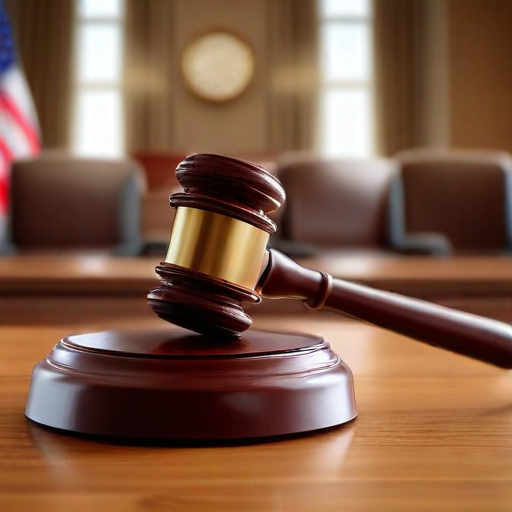A U.S. District Court has dismissed the election interference case against Donald Trump, following a motion from Special Counsel Jack Smith. The dismissal stems from a longstanding Justice Department policy that prohibits the prosecution of a sitting president. Smith filed the motion not due to the merits of the case, but rather in alignment with this policy as Trump is set to take office.
Judge Tanya Chutkan’s ruling dismisses the charges without prejudice, meaning there is a slim chance they could be brought up in the future, though the expiration of the statute of limitations makes this highly improbable. Judge Chutkan concurred with Smith’s assessment that the immunity afforded to a sitting president would lapse once Trump leaves office.
Smith also requested the dismissal of his appeal concerning Trump’s classified documents case, which is ongoing, while proceeding with the appeals against Trump’s co-defendants, Walt Nauta and Carlos De Oliveira. Trump’s legal team did not oppose the motion to dismiss.
In his statement, Smith emphasized that the constitutional prohibition against prosecuting a sitting president is absolute, irrespective of the alleged crimes’ severity or the prosecution’s strength. Trump’s lawyers welcomed the dismissal as a victory for the rule of law, highlighting a desire among Trump and his supporters for an end to what they perceive as the politicization of the justice system.
Earlier indictments against Trump included charges of attempts to subvert the 2020 election results through various illegal means. However, Smith’s recent adjustments to these charges acknowledge the Supreme Court’s ruling that grants temporary immunity to a president for official acts.
As Trump prepares for his inauguration, questions remain about whether Smith will finalize and submit his report on these cases before the swearing-in ceremony on January 20. The report must be reviewed for classification, which could take considerable time.
Overall, this case represents an unprecedented moment in U.S. politics, as a former president prepares to assume office while facing serious criminal allegations. The resolution of these legal matters, while complex, also opens the door for discussions about the future of campaign integrity and presidential accountability.
It’s important to note that with each legal development, there remains hope for a clearer understanding of how the legal landscape will evolve in the context of presidential actions, setting a precedent for accountability in governance.
